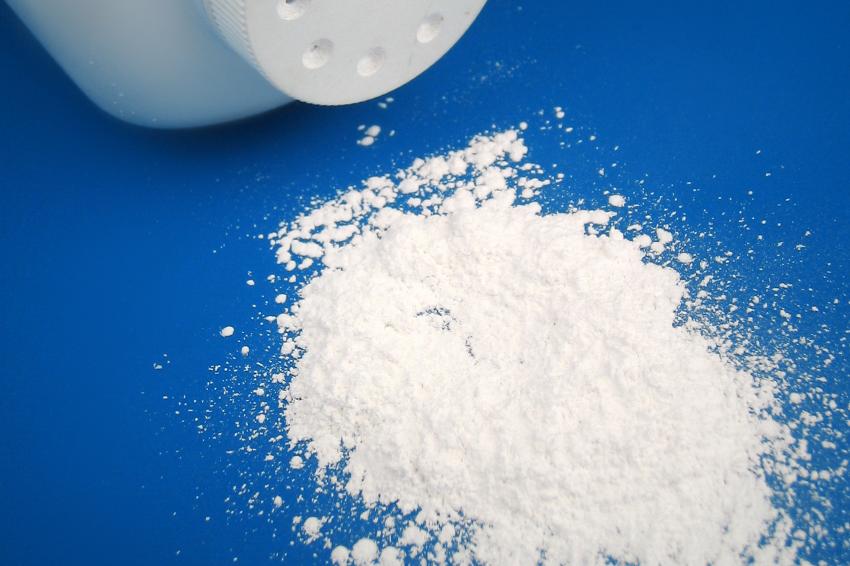BASF, US Law Firm Settle Engelhard Talc Cases
The catalyst maker and its legal counsel Cahill, Gordon & Reindel – who in the past have been accused of hiding tests showing the presence of asbestos in Engelhard’s talc products – have agreed to jointly pay a base fine of $72.5 million to resolve claims.
Including legal fees and other costs, the total value of the settlement comes to around $100 million, according to the US filing. There has been no indication of how the payout might be split.
Thousands of asbestos cases will be bundled into the agreed compensation, which also allows plaintiffs who dropped their cases to revive them. Neither BASF nor Cahill has admitted any wrongdoing.
Engelhard, acquired by BASF for $5 billion in 2006, once owned a talc mine in the state of Vermont that produced the mineral for industrial applications as well as consumer products such as wallboard and party balloons. The US company has been engaged in talc litigation since the 1980s, with BASF first becoming involved in 2009.
Commenting on the early settlements, lawyers for former US plaintiffs said the catalyst manufacturer succeeded in having allegations from a case settled out of court sealed under a confidentiality agreement. Thus in subsequent litigation its counsel could claim that the talc was asbestos-free and persuade other plaintiffs to drop their cases or settle cheaply,
Some of the plaintiffs at the time reportedly agreed to settle for as little as $3,000 – which pales in comparison with the sums now in play.
Johnson & Johnson holds off on settlements for now
Engelhard’s talc case has not been nearly as prominent as that of healthcare group Johnson & Johnson (J&J), which as of the end of March 2020 was facing 19,400 personal injury lawsuits related to claims that talc-containing baby powder can cause ovarian cancer or mesothelioma.
The US Food and Drug Administration last year found traces of asbestos in one batch of J&J’s powder, which the company claimed was an outlier never repeated. Nevertheless, the manufacturer recalled the powder from leading US retailers. It later announced it would stop selling the talc-based product in North America and replace it with a cornstarch version, while continuing to market both versions elsewhere.








